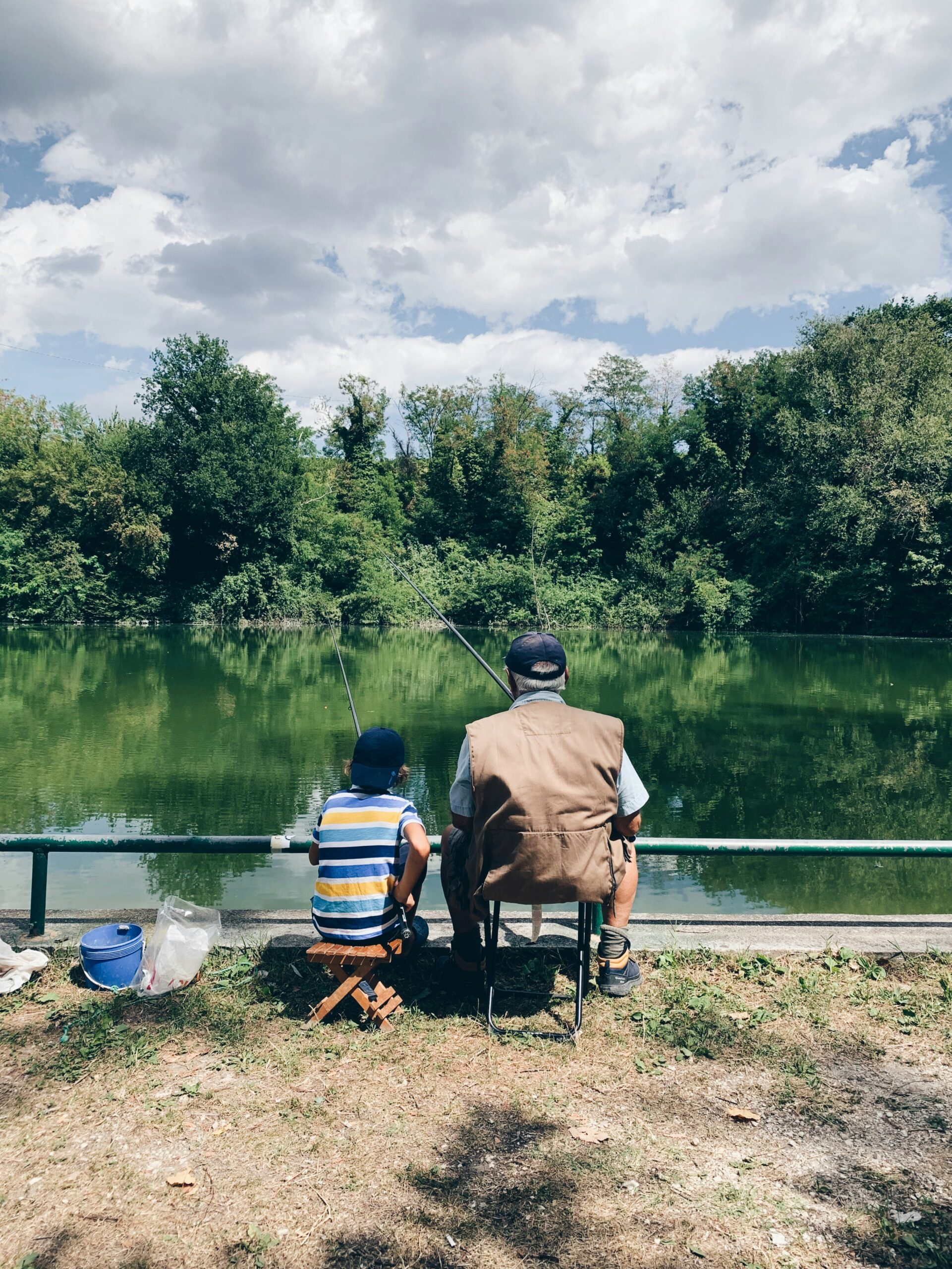
Fishing is a pastime as old as humanity, blending relaxation, skill, and a deep connection with nature. From the quiet serenity of a calm lake to the thrill of battling a powerful fish in open waters, fishing has something to offer everyone.
For many, the appeal lies in the simplicity of it. Whether casting a line from a dock or venturing out in a boat, fishing strips away the complexities of modern life, offering a moment to unplug and unwind. Yet, beneath its tranquil surface, fishing is a challenge that rewards patience, strategy, and persistence.
Fishing also serves as a bridge to nature. The rhythm of the water, the sound of birds, and the sight of fish swimming below create a sensory experience that fosters mindfulness and appreciation for the natural world.
A World of Techniques and Styles
One of the most fascinating aspects of fishing is the diversity of techniques and styles it encompasses. Anglers can choose from various methods suited to different environments and fish species.
Freshwater fishing, often done in rivers, lakes, and ponds, includes popular techniques like baitcasting, fly fishing, and spin fishing. Each style offers unique challenges and rewards. Fly fishing, for instance, requires precision and skill as anglers mimic the movements of insects to lure fish. On the other hand, Baitcasting focuses on accuracy and control, often targeting larger freshwater species like bass and pike.
Saltwater fishing opens up even more possibilities. Offshore anglers often seek big-game species like marlin, tuna, and sailfish, while those who prefer coastal waters might opt for surf fishing or flats fishing. Techniques like trolling, bottom fishing, and jigging are standard in saltwater environments, requiring specialized gear and expertise.
Ice fishing, practiced in colder climates, is another unique experience. Anglers drill holes in frozen lakes, dropping lines through the ice in hopes of catching species like perch, walleye, or trout. Despite the cold, this style of fishing offers a sense of camaraderie and adventure that makes it a favorite among winter enthusiasts.
The Thrill of the Catch
Few moments in life compare to the excitement of hooking a fish. The sudden pull on the line, the adrenaline rush as you reel it in, and the suspense of not knowing what’s on the other end all contribute to the thrill. For many anglers, this moment of connection between humans and fish is the ultimate reward.
The fight between anglers and fish is a strength, endurance, and strategy dance. Larger fish can test your skills and equipment, often requiring careful technique to avoid breaking the line or losing the catch. Even smaller fish, though less demanding, provide a sense of accomplishment and joy.
Beyond the excitement, fishing offers a sense of fulfillment and pride. Whether you’re catching dinner for your family or practicing catch-and-release to preserve fish populations, every catch becomes a memory and a testament to your skills as an angler.
Bonding and Community on the Water
World of fishing is often more than a solo endeavor—a shared experience that brings people together. Families, friends, and even strangers can bond over the shared joys and challenges of fishing. A day on the water becomes an opportunity to connect, share stories, and create lasting memories.
For parents, fishing is an excellent way to introduce children to the outdoors. Teaching kids to cast a line, bait a hook, or reel in their first fish fosters a sense of accomplishment and curiosity. These moments can spark a lifelong passion for fishing and nature.
Beyond personal connections, fishing also creates a sense of community. Many anglers participate in tournaments, clubs, or online forums, sharing tips, techniques, and tales of their adventures. The camaraderie among anglers is one of the most rewarding aspects of the sport, fostering friendships that extend beyond the water.
Respecting the Environment and Sustainability
As fishing enthusiasts, anglers are responsible for protecting the environments they enjoy. Sustainable fishing practices ensure that fish populations remain healthy and ecosystems thrive for future generations.
Catch-and-release is a standard method among conservation-minded anglers. By handling fish carefully and releasing them back into the water, they minimize harm and allow fish to continue reproducing. Using barbless hooks, wetting your hands before handling fish, and keeping them out of the water for as little time as possible are all ways to practice responsible catch-and-release fishing.
Anglers also play a role in keeping waterways clean. Disposing trash, fishing lines, and bait containers properly prevents pollution that can harm aquatic life. Many fishing communities organize cleanup events to remove debris from lakes, rivers, and coastal areas, demonstrating their commitment to preserving the environment.
Finally, adhering to local regulations, such as size and bag limits, helps maintain balanced ecosystems. These rules are designed to protect fish populations and ensure that fishing remains a sustainable and enjoyable activity.
Fishing is more than just a sport or hobby—it’s an adventure that connects people with nature, challenges their skills, and creates cherished memories. From the tranquil moments of waiting for a bite to the adrenaline-pumping excitement of reeling in a catch, world of fishing offers a unique blend of relaxation and thrill.
Whether you’re an experienced angler exploring offshore waters or a beginner casting your first line, fishing welcomes everyone to discover its joys. With respect for the environment and a spirit of adventure, fishing becomes a timeless pursuit that enriches your life and deepens your connection to the world around you.